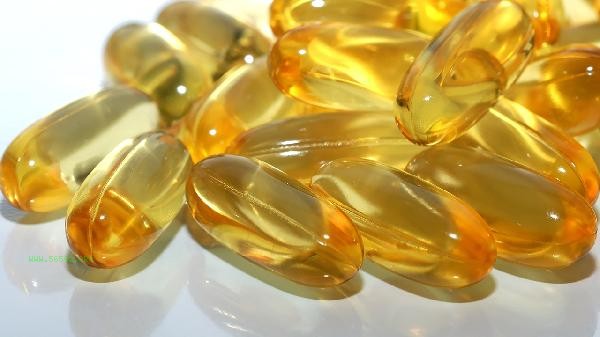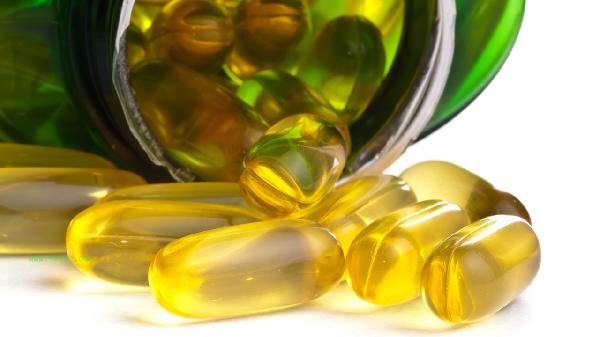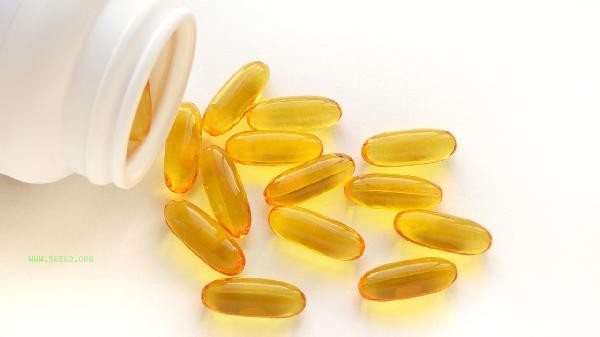During dieting and weight loss, it is important to focus on supplementing with vitamin B, vitamin C, vitamin D, and fat soluble vitamins. The main risks of deficiency include reduced metabolism, weakened immunity, and bone loss. Key nutrients can be supplemented through multivitamin tablets or fortified foods, with priority given to dietary sources.

1. Vitamin B family:
Vitamins B1, B2, B6, and B12 are involved in carbohydrate, fat, and protein metabolism, and long-term low calorie diets can easily lead to deficiencies. Whole grains, lean meat, and dairy products are the main sources, and dieters can choose fortified grains or compound B group supplements. When lacking, symptoms such as fatigue and oral ulcers may occur.
2. Vitamin C:
Restricting diet may reduce intake of fresh fruits and vegetables, leading to insufficient vitamin C. This vitamin affects collagen synthesis and iron absorption, and a daily intake of 100 milligrams should be ensured. It is recommended to supplement with low calorie and high vitamin C foods such as kiwifruit and colored peppers, and if necessary, use sustained-release vitamin C tablets.
3. Vitamin D:

A low-fat diet can reduce the dietary sources of vitamin D, making it more prone to deficiency when there is insufficient sun exposure. This vitamin is related to calcium absorption and bone health. It is recommended that obese individuals supplement 15-20 micrograms per day. It can be supplemented with fortified milk, mushrooms, or vitamin D3 drops, and serum 25OHD levels can be regularly tested.
4. Vitamin E:
As a fat soluble antioxidant, vitamin E intake is insufficient in strict oil control diets. Daily intake of 15 milligrams is required to maintain cell membrane stability, which can be supplemented with nut seed foods. Choosing supplements in the form of d - α tocopherol has higher bioavailability, but it is necessary to avoid taking them together with anticoagulant drugs.
5. Vitamin K:
Reduced intake of green leafy vegetables can lead to vitamin K deficiency, affecting coagulation function and bone metabolism. It is recommended to consume 90-120 micrograms per day, and low calorie vegetables such as kale and spinach are ideal sources. Those who use antibiotics or anticoagulants should monitor their INR values and supplement with vitamin K2 if necessary.

During dieting, it is recommended to adopt a tiered nutritional supplementation strategy: initially focusing on vitamins B and C, increasing vitamins D and E in the middle, and paying attention to the status of vitamin K for those who strictly control their calorie intake in the long term. Give priority to obtaining nutrients through diversified diets, and choose fortified foods such as high calcium soybean milk, iron fortified cereals, etc. Consume more than 12 types of food per week and control the dosage of single nutrient supplements to not exceed the UL value. Sports enthusiasts need to supplement with additional antioxidant vitamins, and middle-aged and elderly dieters should pay attention to the synergistic supplementation of vitamin D and calcium. Regularly conduct blood routine and trace element testing to avoid secondary malnutrition caused by excessive dieting.




Comments (0)
Leave a Comment
No comments yet
Be the first to share your thoughts!